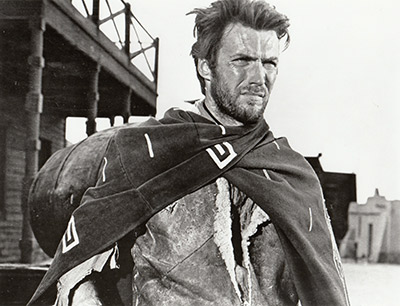First, a disclaimer: I want to state that I will be making several generalizations about men and women in this article. Not every man is defined by these generalizations and not every woman is exempt from them either. Everyone is different, and so each person should be treated as an individual and respected for what is true for them.
Messages We Receive About Men and Emotions
We live in a world where we receive messages about what is appropriate and acceptable for a man and what is appropriate and acceptable for a woman. We receive these messages through media (e.g. movies, memes, books, news, etc.), through other people (e.g. what they talk about, how they respond to us), through our families (e.g. values, what is talked about what is not talked about), and in a million other little ways (e.g. having separate clothing sections in a store with “women’s” clothing and “men’s” clothing). Through these messages we learn how to move through the world and manage our experiences.
movies, memes, books, news, etc.), through other people (e.g. what they talk about, how they respond to us), through our families (e.g. values, what is talked about what is not talked about), and in a million other little ways (e.g. having separate clothing sections in a store with “women’s” clothing and “men’s” clothing). Through these messages we learn how to move through the world and manage our experiences.
How Men are Portrayed in Popular Media
So what are the messages men often receive about managing feelings and their mental health? Well, let’s start with some generalized messages. Let’s look at the characters in the movies that are often seen as heroes and lauded as role models:
- there’s the strong, stoic type (e.g. Clint Eastwood in most of his movies, pictured above)
- the angry and vengeful character (e.g. Russell Crowe in Gladiator)
- the “player” character who appears to easily win the attention and admiration of love interests (e.g. James Bond)
What ties these types of characters together? Most of them are handling the situation on their own, not sharing how they feel or confiding in others, or expressing only specific emotions (e.g. anger, frustration, and jealousy). When they rely on someone else, it is often for personal gain or it comes from someone they are in charge of or who supervises them. Often the dialogue does not include a lot of emotion or mentions emotion in passing. It is rare to see a male lead character benefitting from emotional support from an equal.
There is nothing necessarily wrong with these depictions in and of themselves. But the fact that they are the norm in media and that other depictions are rare means that there can be a very strong message sent to boys and men about the “right” way to handle emotions and stress in their own lives.
Real Life is Not a Movie
But what if in real life you are a man who has a high level of emotional intelligence and is expressive? What if you are a man who feels overwhelmed by a situation and might need a safe sounding board to figure out the next step? What if a man feels he cannot share what is going on for him for fear of how others might judge him if he talks about it? What if you are a man who is experiencing a situation that you are unfamiliar with and have never had anyone teach you how to deal with it?
This can be very isolating and can even lead a man to criticize or shame themselves for having emotions in the first place (or not being able to handle them on their own). This can lead to significant mental health concerns (e.g. the rates of completed suicides for men are also much higher than those for women).
The truth is, both men and women experience challenges to their mental health such as stress, anxiety, and depression. However, men and women in general have been taught that it is acceptable for women to talk about these things and that men are supposed to manage it on their own (e.g. do not cry, do not show vulnerability, just “man up”, and “stop being such a girl”).
Counselling – A Place to Be Real with Yourself
Though it is consistently changing, statistics about people accessing counselling show that women are much more likely to attend a counselling session than men. Is that because women have more challenges? Most likely women (in general) have the same number of challenges though they are not always the same as the ones men do. The current theory is, in fact, that men do not see counselling as something that men do, whereas women might feel more comfortable accessing this type of service for support during difficult times.
The experience of counselling for men might include some discomfort of breaking the stereotypes that men should not speak about themselves in a way that depicts they are struggling. But no matter who you are, we can all benefit from feeling that no matter what is happening for you, there is someone you can talk to without feeling judged or criticized. This might occur in a healthy relationship with a friend, colleague, or partner/spouse. It might also occur in the context of counselling. The feelings are there anyhow: choosing to manage them and face them head-on takes a lot of strength and bravery; and often, men who come to counselling begin to see and appreciate the courage and the benefit of doing so in a safe and accepting environment.
https://masculinitysummit.wordpress.com/category/masculinity-films-arts-literature/page/2/
https://blogs.psychcentral.com/hollywood-therapy/2015/03/12-best-character-archetypes-for-film-part-1/
For some great websites on men’s mental health, check these out:
https://headsupguys.org/
http://www.mensdepressionhelpyourself.ubc.ca/
http://mantherapy.org/#/center
